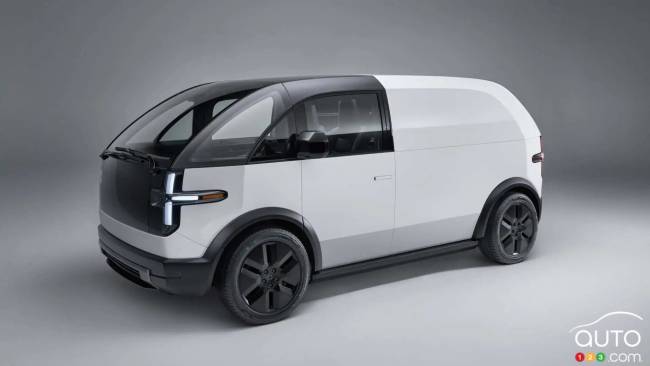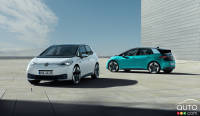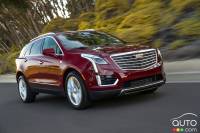American electric vehicle startup Canoo Inc. has filed for Chapter 7 bankruptcy and brought to an end its operations. The decision entails the immediate liquidation of the company's assets under the supervision of the Delaware Bankruptcy Court.
Known for its innovative utility vehicles, including microbuses for commercial, government and industrial fleets, Canoo was unable to overcome a dire financial situation. Daring designs and prestigious partnership were not enough to save the young startup in the end.
Mounting losses
The company faced a net loss of $165 million for the first nine months of 2024, compared with $204 million for the same period in 2023. Even more fatally, Canoo generated just $1.5 million in revenues in the first three quarters of 2024.
Despite tax incentives of up to $100 million promised by the state of Oklahoma, where Canoo launched production in November 2023, the company never came close to profitability. By 2023, it had even spent more on CEO Tony Aquila's private jet ($1.7 million) than it was taking in in annual revenues.

An unsuccessful rescue attempt
In an official statement, Canoo acknowledged it had tried to find foreign capital to keep operations afloat. Those discussions were unsuccessful, forcing the board of directors to declare insolvency.
Tony Aquila, Canoo CEO and one of the company’s main investors, expressed his disappointment at having to cease operations, thanking partners NASA, the Department of Defense, the U.S. Postal Service, the State of Oklahoma and Walmart for their contributions and support.
A premature end to a promising project
Canoo had raised high hopes in the electric vehicle sector with its futuristic microbus concepts. However, the adventure ended on a sour note; colossal financial losses and uncertain demand did the startup in before it could really establish itself.
Canoo's story, though brief, illustrates the challenges facing electric vehicle startups. Between innovation and economic reality, the road to success remains strewn with pitfalls.





















